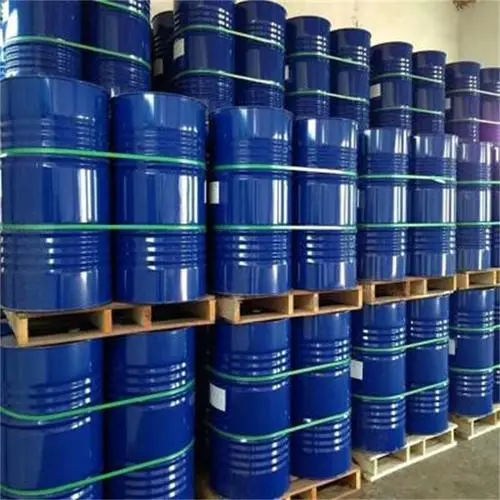propylene oxide is a kind of important organic chemical raw materials and intermediate. It is mainly used in the synthesis of polyether polyols, polyester polyols, polyurethane, polyether amine, etc., and is an important raw material for the preparation of polyester polyols, which is an important component of high-performance polyurethane. Propylene oxide is also used as a raw material for the preparation of various surfactants, drugs, agricultural chemicals, etc., and is one of the important raw materials for the chemical industry.
Propylene oxide is produced by oxidation of propylene with a catalyst. The raw material propylene is mixed with compressed air and then passed through a reactor filled with catalyst. The reaction temperature is generally 200-300 DEG C, and the pressure is about 1000 kPa. The reaction product is a mixture containing propylene oxide, carbon dioxide, carbon monoxide, water and other compounds. The catalyst used in this reaction is a transition metal oxide catalyst, such as silver oxide catalyst, chromium oxide catalyst, etc. The selectivity of these catalysts to propylene oxide is relatively high, but the activity is low. In addition, the catalyst itself will be deactivated during the reaction, so it needs to be regenerated or replaced regularly.
The separation and purification of propylene oxide from the reaction mixture are very important steps in the preparation process. The separation process generally includes water washing, distillation and other steps. First, the reaction mixture is washed with water to remove the low-boiling components such as unreacted propylene and carbon monoxide. Then, the mixture is distilled to separate the propylene oxide from other high-boiling components. In order to obtain high-purity propylene oxide, further purification steps such as adsorption or extraction may be needed.
In general, the preparation of propylene oxide is a complex process, which requires multiple steps and high energy consumption. Therefore, in order to reduce the cost and environmental impact of this process, it is necessary to continuously improve the technology and equipment of the process. At present, the research on new processes for preparing propylene oxide mainly focuses on environmentally friendly processes with low energy consumption and high efficiency, such as catalytic oxidation using molecular oxygen as oxidant, microwave-assisted oxidation process, supercritical oxidation process, etc. In addition, research on new catalysts and new separation methods is also very important for improving the yield and purity of propylene oxide and reducing the production cost.
Post time: Feb-27-2024





